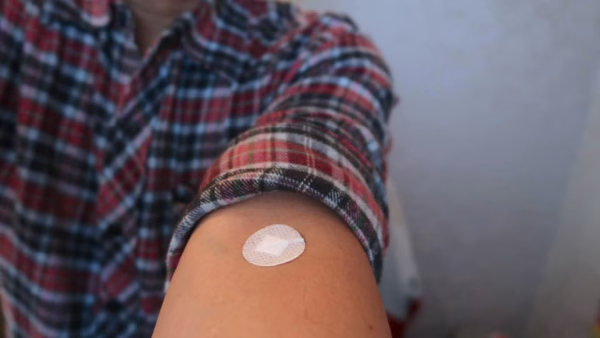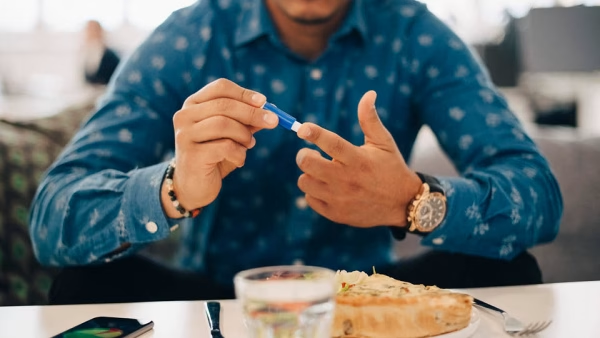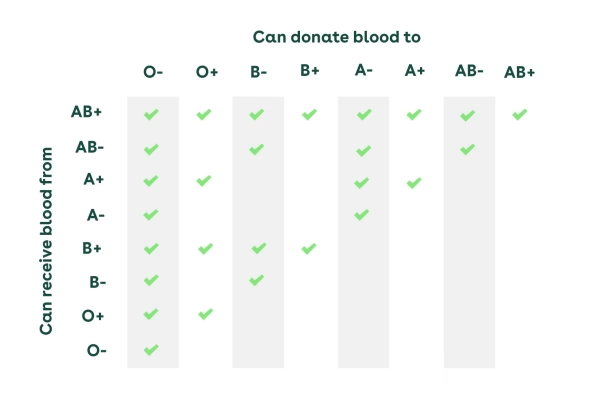What is my blood type and why is it important?
Many of us still don’t know or understand our blood type


We all know how important it is to let people know if you have any allergies, but many of us still don’t know – or understand why we should know – our own blood type.
What’s a blood type?
Blood types are classified by the presence or absence of certain antibodies in your blood plasma and antigens on the surface of red blood cells.
There are eight main blood groups. Each blood group is given a letter (A, AB, B or O) depending on the type of antigens present within the blood (so the presence of A and B antigens gives you the AB blood type).
In addition to a letter, your blood type also carries either a positive or negative sign depending on the presence or absence of a protein on the surface of the blood called Rhesus D (this is often abbreviated to ‘Rh-positive or negative’.) For example, someone with an A antigen, but who is Rh-negative will be an A- blood type.
Why do I need to know my blood type?
1. To avoid transfusion with incompatible blood
While some blood types are compatible, others are not. Transfusion with incompatible blood may result in either a severe immune reaction or death.
But don’t worry – your blood will be tested before a transfusion and matched to a compatible donor blood.

2. For a safe pregnancy
If a woman with Rh-negative blood is pregnant with a baby whose blood is Rh-positive it can trigger the production of antibodies in the mother’s blood and lead to a condition known as haemolytic disease of the newborn (HDN).
Fortunately, this condition is very rare. It is now routine in early pregnancy health checks to screen the expectant mother’s blood and, if she is Rh-negative, to immunise her with immunoglobin which prevents Rh-sensitivity in the mother.
3. To help others in times of blood shortage
Some blood types are rarer than others. The blood service will often put out a call for people with certain types of blood to donate when there is a shortage. Australia has one of the safest blood supplies in the world, in part because the screening process is quite strict. This prevents many people from being able to donate, so if you are able to donate, it is a valuable thing to do for the community.
The 8 different blood types
Some blood types are more common than others, and some occur more frequently with certain medical conditions. For example, stomach ulcers are more common in those with type O+ blood, and stomach cancer is more common in those with the A (positive and negative) blood type.
What blood types match?

To find out your blood type, make an appointment with the Australian Red Cross Blood Service.
Getting headaches? Here’s what you need to know about eye strain
Here are some tips on relieving your eye strain symptom from an optometrist.
8 healthy habits to start in your 30s
It's the perfect time to lay the foundations of good health
8 ways to keep healthy in your 40s
Ditch the diet and start making some simple life changes




